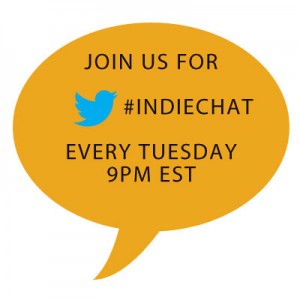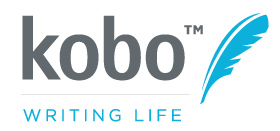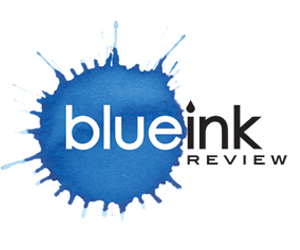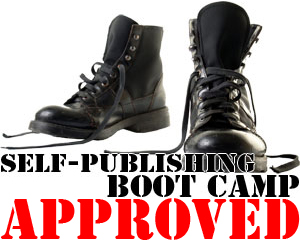
Eric Hellman, Kristen Jex, Jesse Potash and Sabrina Ricci offered advice from their success in the emerging crowdfunding scene to the guests at our New York City meetup on Monday.
For the last century, corporations and shareholders managed the funding of media. While publishing houses release thousands of books each year, many more manuscripts face rejection. Crowdfunding websites like Kickstarter and Indiegogo offer a new alternative to this model. Authors can advertise their book projects to members the general public on these sites. If users find the stories interesting, they can fund the projects themselves.
While crowdfunding websites offer solutions for indie writers and publishers, they can be confusing for first time users. BiblioCrunch CEO Miral Sattar hosted the NY Self Publishers meetup to show people the best ways to use this payment model. She introduced four self-starters who made a splash in the crowdfunding scene, each one offering advice from their experiences. Here are some of the most interesting tips:
- Engage your donors: Simply putting a book idea up on a crowdfunding site is not going to earn you much money. Jesse Potash knows this. He started the crowdfunding site Pubslush and noticed that the books that gained the most money on his site were the ones users spoke about constantly on the Pubslush message board. Keeping an audience engaged will ensure that people will care about your item and increase the chances of a story spreading by word-of-mouth. Kristen Jexx, who raised $10,000 on Kickstarter for her book “A Concrete Sky”, recommended that writers make videos about their books to put up on the pages generated by these crowdfunding sites. These can grab people’s attention more than a simple block of text.
- Be wise with funding: There is still labor left even after you raise the money for your book. Be aware that while there are many options you can choose to publish your story, they will likely be expensive. According to Jexx, quality editors carry big price tags. More troublesome, marketing can take up an infinite amount of money if you aren’t careful. Be sure to shop around for different services. Sabrina Ricci, who raised $7,500 for a magazine project on Kickstarter, recommended Kirkus as a marketing tool. For $425, this company will provide an honest review of your book. The exposure could prove valuable, so long as the review praises the story. As for finding editors, Jexx discovered her’s on BiblioCrunch.
- Don’t be afraid to be niche: Both of the panelists who started their own crowdfunding models decided to keep their services exclusive to the written word. Potash’s Pubslush seeks to get stories turned into published books. Eric Hellman uses the site he created, unglue.it, to raise money for creative commons books already published so that he can release them for free. One of the audience members at the meetup asked Hellman why he didn’t include music and movies in the unglue.it model. Hellman answered that if he put every type of medium into his site, it could have gotten lost in the crowdfunding market. After all, Indiegogo and Kickstarter already cover every type of consumer media. Hellman figured that an upstart would have a better shot at exposure by focussing on a passionate audience in one market rather than grasping for several.
Crowdfunding can be a useful and exciting model for aspiring indie storytellers. Still, writers, up-starts and publishers need to be prepared to take the most advantage of it.
—————
Steven James Graboski is a writer, reporter and web developer in the New York Metro area. You can learn more about him at sjgraboski.com, or follow him on Twitter: @SJGraboski.







Follow Us!